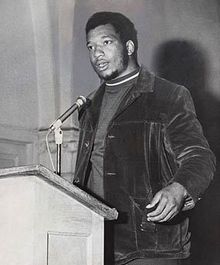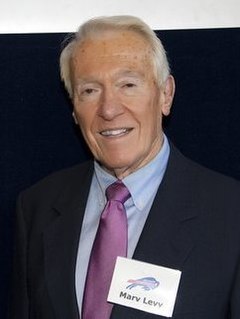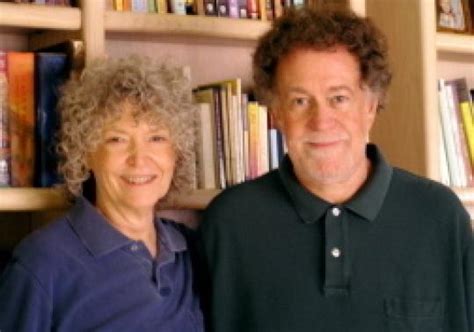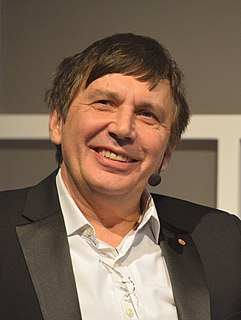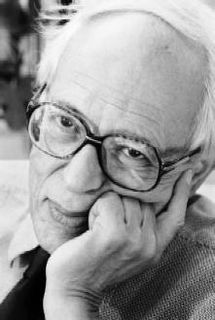A Quote by Frederick Buechner
It's not as if I knew answers which I am going to set down in the form of a novel or a memoir or a sermon. It's, rather, I'm going to search myself for what I might have to say in this area.
Related Quotes
I knew that's where I was going. I knew we were going to Italy. You couldn't make this movie in America at this price. I knew it was going to be big. I knew there was going to be a ship involved and that there was going to be a set as big as the ship. I thought, well, here we go. But I knew that was where he was headed. He had been going this way for some time. All directors, once they have some success, they want to spend a whole heck of a lot of money. (Something else can't hear.)
I wanted to project myself forward to age 80 and say, ‘OK, I’m looking back on my life. I want to minimise the number of regrets I have.’ And I knew that when I was 80, I was not going to regret having tried this. I was not going to regret trying to participate in this thing called the Internet that I thought was going to be a really big deal. I knew that if I failed, I wouldn’t regret that. But I knew the one thing I might regret is not ever having tried. I knew that that would haunt me every day.
Going from memoir to fiction was fantastic. I had been afraid to move away from memoir; I'd written some novel drafts, but they weren't well received by my agent at the time, and it had been drilled into me that "memoir outsells fiction two to one" (not sure if that's true anymore, or if it ever was), so I felt like the only smart thing to do, professionally, was to keep mining my life for painful moments to recapitulate.


